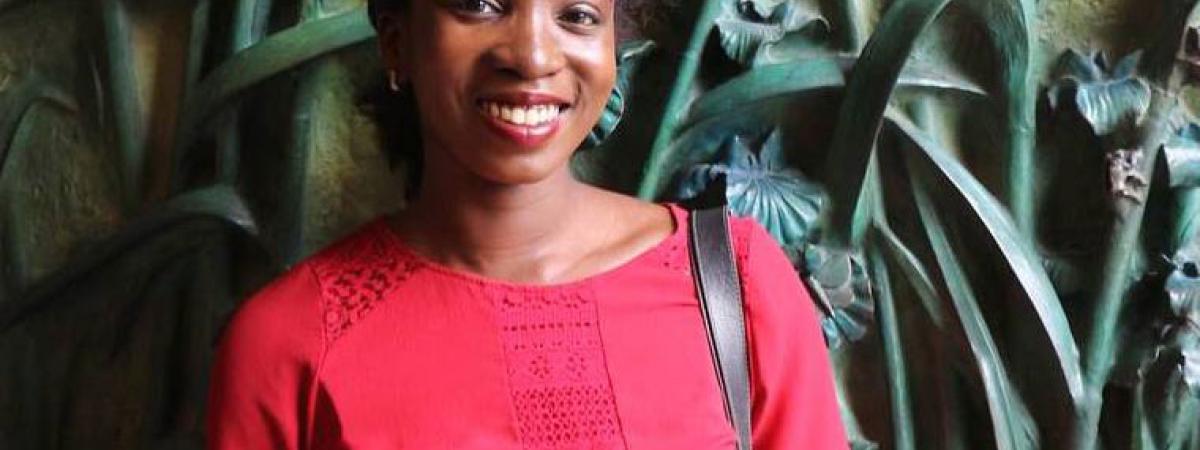“Is there a cure?” was one of the first questions a young Tolulope Rosanwo asked after learning her siblings had sickle cell anemia.
The answer—not for everyone—has never satisfied her, and was the impetus for the University of Chicago graduate to attend medical school. Now a third-year Case Western Reserve University medical student, her research focuses on developing improved treatments and a patient-personalized cure for the disease, in which red blood cells don't properly develop—slowing and preventing blood flow and oxygen to the body.
This summer, Rosanwo is conducting extensive research on the disease as a second-year fellow in the prestigious Howard Hughes Medical Institute's Medical Research Fellows Program. She is one of 79 students across the country, including Cleveland Clinic Lerner College of Medicine of Case Western Reserve students Jennifer Hu and Erin Yamamoto, participating in the program this year.
Rosanwo and Hu, who are longtime friends and former roommates, will complete their fellowships at Harvard Medical School, while Yamamoto will conduct her research at Lerner College.
The program encourages the development of future medical-scientists by providing a year of full-time, mentored laboratory research to medical, dental and veterinary students. Some, like Rosanwo, are asked to stay on for a second year.
Before applying for the program, applicants must first secure a mentor who will work with and support them in their research. HHMI, which often assists in identifying potential mentors, suggested Harvard Medical School Dean George Daley, who has research expertise in blood disorders.
Rosanwo took a chance and emailed Daley cold. To her surprise, he responded. After a reference check and a Skype interview, Daley committed to mentoring Rosanwo.
“That was the first big excitement in the process,” Rosanwo said.
A few months later, Rosanwo was studying for the United States Medical Licensing Exam boards when she learned she had been accepted into the HHMI program.
“I was pretty stressed from studying for the Step 1 exam boards,” she said, “so getting that news was a really wonderful and welcome thing.”
In her first year in the program, Rosanwo worked in Daley’s lab, where she successfully created red blood cells that model sickle cell disease. The support from Daley and the other mentors who Rosanwo worked alongside solidified her decision to continue with her research, which will now focus on investigating ways to fix the sickling problem with the red blood cells she created.
“I decided to stay for a second year because I was really enjoying what I was doing,” Rosanwo said. “I was very invested in my project and wanted to push it further.”
Daley has been one of Rosanwo’s biggest supporters, she said.
“I’m really grateful for that, and also his willingness to let me keep enjoying what I’m doing, and keep on exploring science.”
Learn more about Rosanwo in this week’s five questions.





